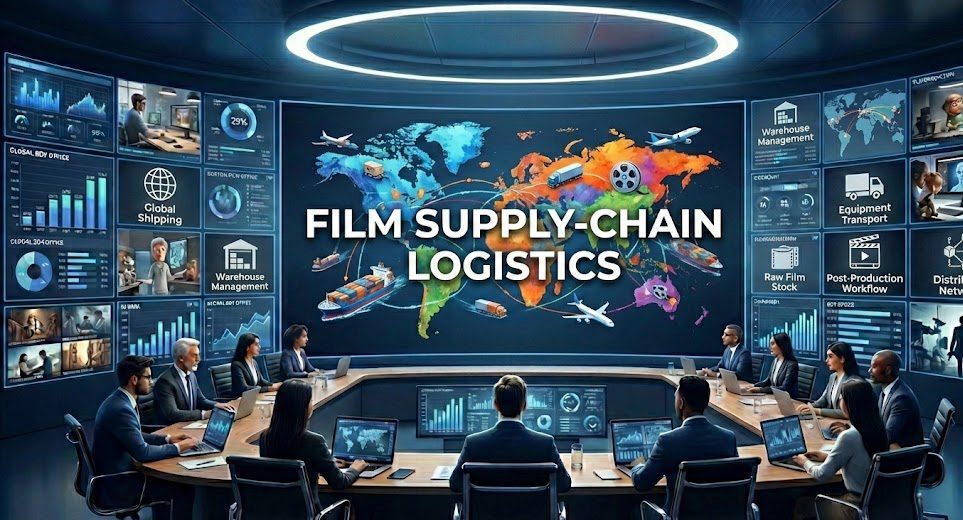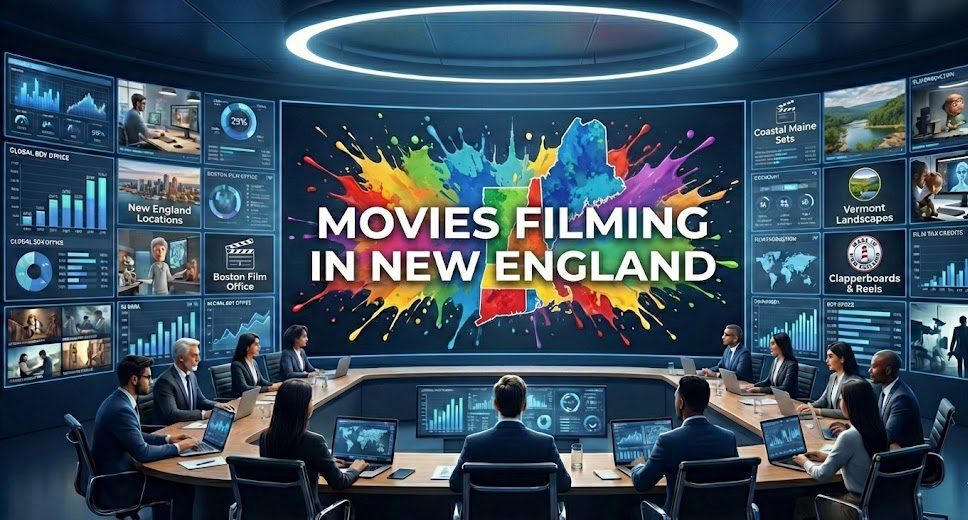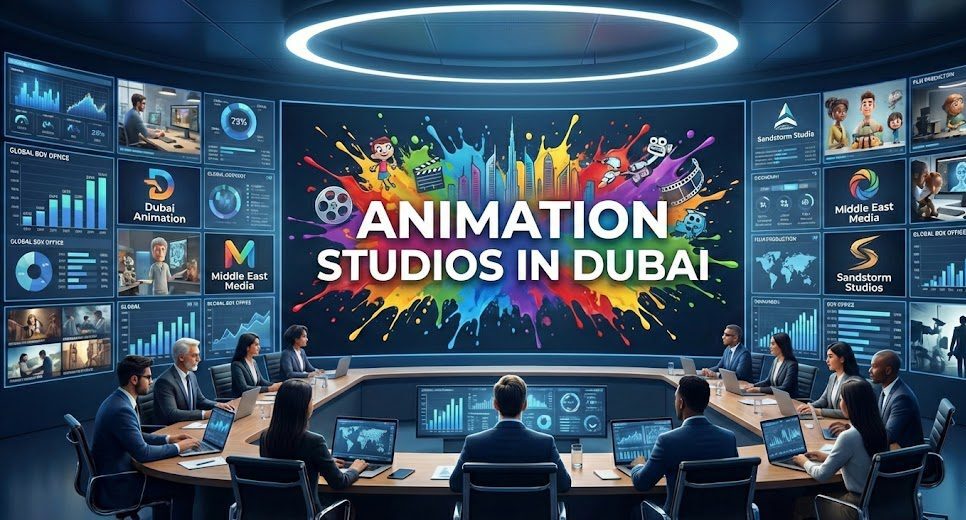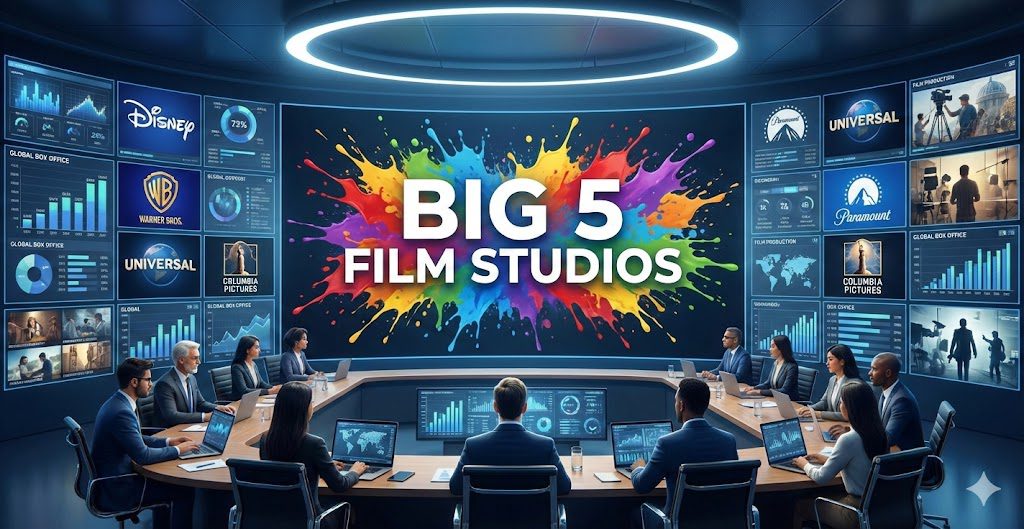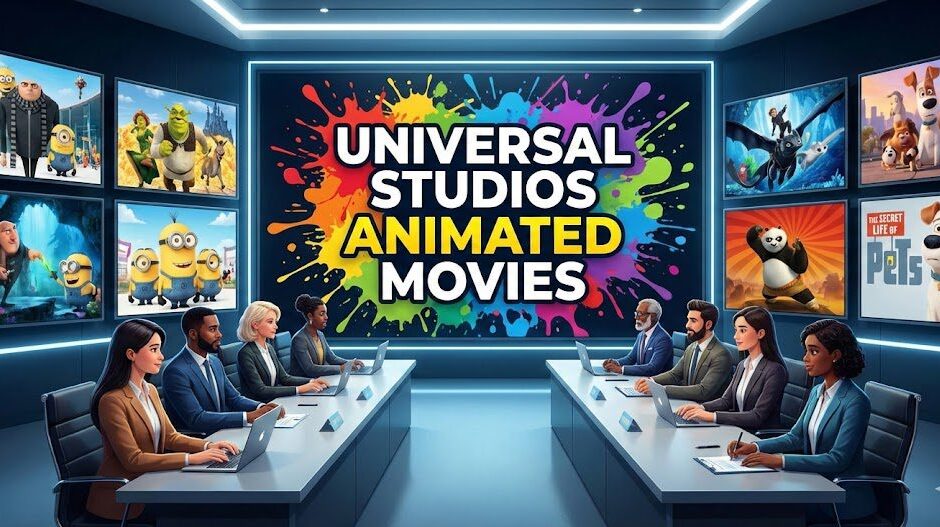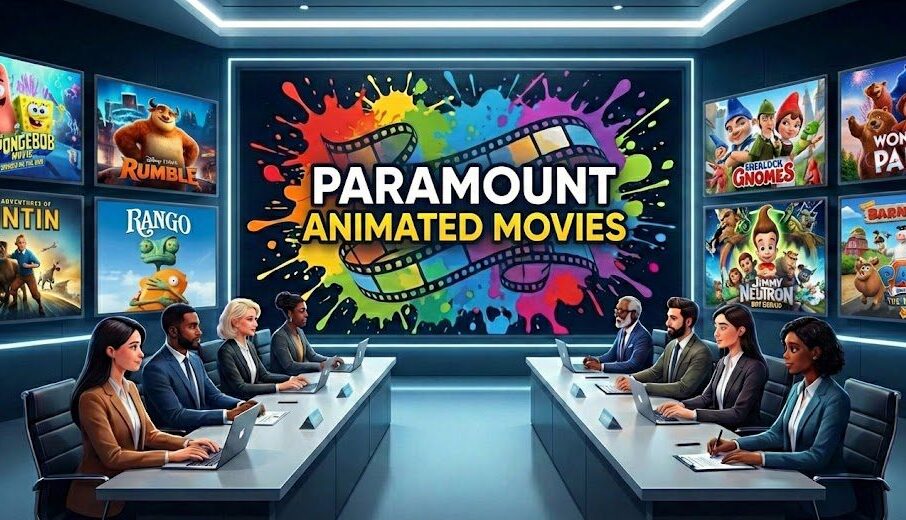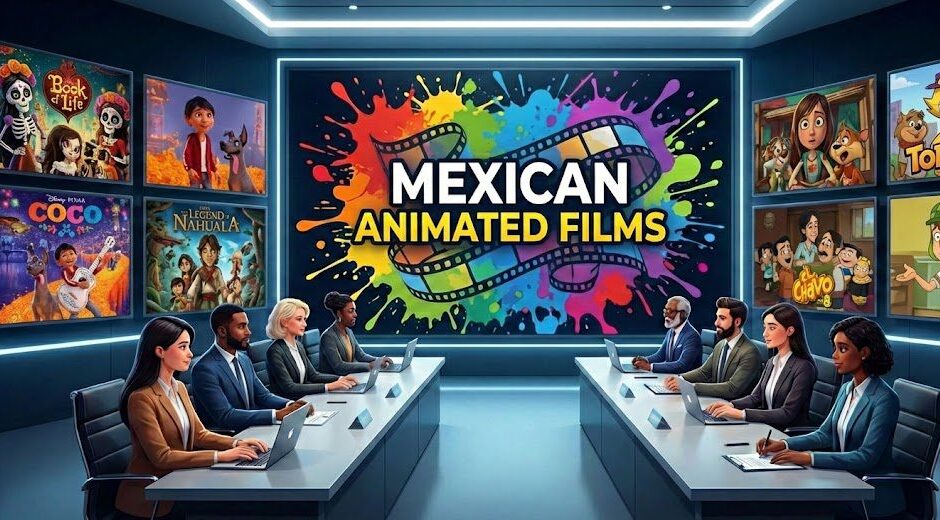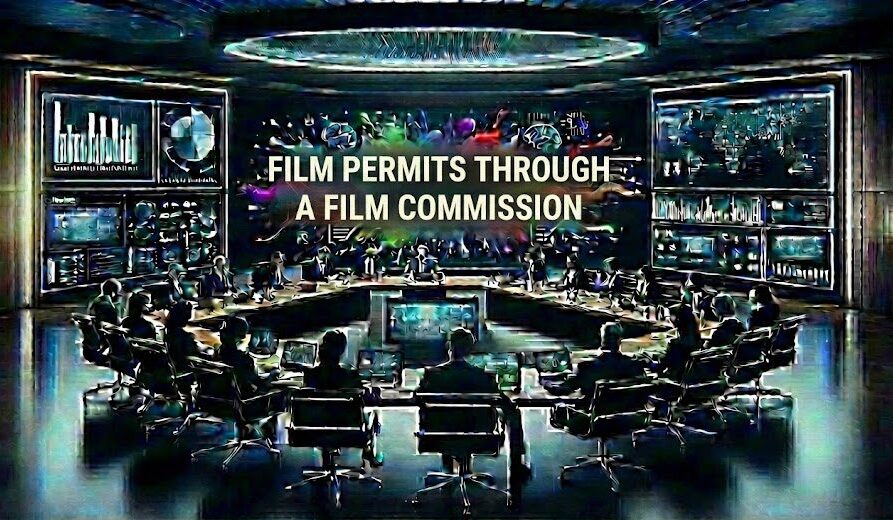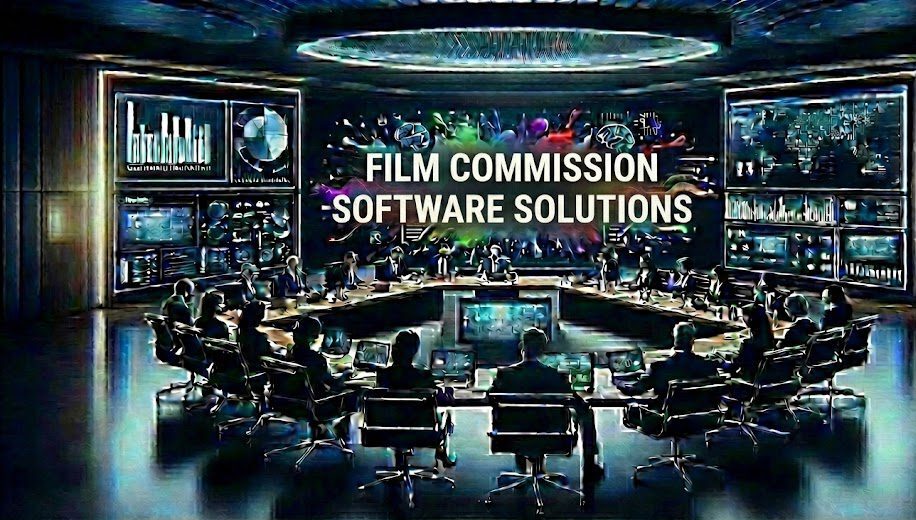Introduction
You’ve poured your heart, soul, and probably your life savings into making your film.
The script was brilliant, the production was a marathon, and post-production was a beast. Now comes the real challenge: getting it seen. If you’re struggling to find distributors for indie films, you’re not alone.
It’s the final, most crucial hurdle that separates a passion project from a commercial success.
But here’s the good news. It’s not about luck. It’s about strategy.
Forget sending out thousands of cold emails and hoping for a reply. That almost never works. In this post, I’m going to walk you through a proven, 5-step strategy to find and connect with the right distribution partners who are actively looking for a film just like yours.
Table of content
- Introduction
- Key-Takeaways
- Step 1: Stop Thinking Like a Filmmaker, Start Thinking Like a Business
- Step 2: Create a Distributor Hit List (The Smart Way)
- Step 3: The Festival and Market Gauntlet: Your Golden Ticket
- Step 4: The Sales Agent vs. DIY Debate
- Step 5: Nail the Pitch and a Flawless Follow-Up
- Conclusion
- FAQs
Key Takeaways
| Strategy | Why It Works | Key Action |
|---|---|---|
| Build a Professional Package | First impressions are everything. A polished package shows you’re a serious professional. | Create a compelling poster, trailer, and a secure screener link. |
| Create a Targeted Hit List | Stop wasting time on distributors who aren’t a fit. Focus on quality over quantity. | Research distributors who have acquired films in your genre and budget range. |
| Leverage Film Markets & Festivals | This is where real deals happen and relationships are built. | Strategically attend key markets and festivals with a clear plan and pre-booked meetings. |
| Consider a Sales Agent | They have the relationships and negotiation expertise you likely don’t. | Find a reputable sales agent who is passionate about your film. |
| Master the Art of the Pitch | You need to sell your film’s commercial potential, not just its artistic merit. | Craft a concise, data-backed pitch that answers a distributor’s core questions. |
Is Your Film Ready for the Market?

Step 1: Stop Thinking Like a Filmmaker, Start Thinking Like a Business
This is the mindset shift that changes everything. Distributors are not buying your art; they are investing in a product. They have one primary question: “Can I make money with this film?”
Before you contact a single person, you need to have your “package” ready. This isn’t just your film; it’s your business proposal. Get this wrong, and the door closes before it even opens.
What Every Great Package Includes:
- A Killer Poster: This is your film’s billboard. It should communicate genre, tone, and star power (if any) in a single glance.
- A Professional Trailer: A 90-120 second trailer is your most powerful selling tool. It needs to hook the viewer, showcase the story, and leave them wanting more. Don’t show the whole story!
- A Secure Screener Link: Use a professional, password-protected platform. Never send a downloadable file or a public YouTube link.
- An Electronic Press Kit (EPK): This includes a synopsis, cast and crew bios, production stills, and any positive press or awards.
Your goal is to make it incredibly easy for an acquisition executive to say “yes” to watching your film. Don’t give them any reason to dismiss you as an amateur.
Step 2: Create a Distributor Hit List (The Smart Way)
Stop Googling “list of film distributors” and blasting out emails. It’s a complete waste of time. You need a targeted, sniper approach, not a shotgun blast.
Your mission is to find distributors who have a proven track record of acquiring and successfully releasing films like yours.
How to Build Your Hit List:
- Analyze Comparable Films: Identify 5-10 recent indie films that have a similar genre, budget, and tone to yours. Who distributed them? Add them to your list.
- Focus on Territory: Are you looking for a North American deal? A global one? Some distributors only operate in specific regions. Know who you’re targeting.
- Check Their Current Slate: Look at the films a distributor has released in the last 1-2 years. Does your film fit in? If they just released three horror films, they might not be looking for another one right now.
This research used to take weeks of painstaking work. Now, you can use a global content marketplace to get this data in minutes. Platforms like Vitrina’s entertainment intelligence solution allow you to filter distributors by genre, territory, and even the types of deals they’ve done.
This is how you build a powerful, data-driven hit list.
Step 3: The Festival and Market Gauntlet: Your Golden Ticket
Film festivals and markets are the lifeblood of the indie film world. A premiere at a top-tier festival like Sundance, TIFF, or SXSW can trigger a bidding war. But even niche, genre-specific festivals are crawling with acquisition executives looking for hidden gems.
Your Market & Festival Strategy:
- Tier Your Submissions: Aim for the top festivals first. If you don’t get in, move to strong regional or genre festivals. Getting “Official Selection” laurels from any reputable festival adds value.
- Go Beyond the Premiere: If your film is selected, your work has just begun. Before you go, research which distributors will be attending. Request meetings in advance.
- Attend Key Markets: Even if your film isn’t in a festival, you should attend markets like the American Film Market (AFM) or the European Film Market (EFM). This is where you can meet dozens of distributors and sales agents in one place.
Walking into a market without a plan is a recipe for disaster. You need to know who you’re meeting with and what you’re going to say. Tools like the Vitrina Project Tracker can help you manage your outreach and meeting schedule, ensuring you make the most of every opportunity.
Don't Let Your Film Get Lost in the Crowd.

Step 4: The Sales Agent vs. DIY Debate
Should you hire a professional to sell your film? For most indie filmmakers, the answer is a resounding yes. A good sales agent or producer’s rep has something you don’t: relationships.
They have the direct phone numbers and email addresses of acquisition executives. Their calls get answered. Their emails get read. They can bypass the “no unsolicited submissions” firewall that you will face.
When a Sales Agent Makes Sense:
- You lack connections: If you don’t have a deep network in the distribution world, an agent is essential.
- You hate negotiating: Agents are expert negotiators who can structure complex deals to maximize your revenue.
- You want global reach: A great sales agent can sell your film territory by territory, often yielding a better return than a single “all rights” deal.
Finding the right sales agent is similar to finding a distributor. You need to research agents who represent films like yours and have a track record of success. Their commission (typically 10-20%) is often well worth the price.
Step 5: Nail the Pitch and a Flawless Follow-Up
Whether you’re contacting a distributor directly or pitching a sales agent, your communication needs to be perfect. Be brief, be professional, and be compelling.
Your initial email should be no more than three short paragraphs:
- Paragraph 1: The Hook. Start with a compelling logline and mention any major attachments (known actors), festival awards, or a strong hook. “My film, [Film Title], a [Genre] starring [Actor Name], just won the Audience Award at [Festival Name].”
- Paragraph 2: The Comps. Briefly mention 1-2 comparable films to show you understand the market. “It’s in the vein of [Successful Film 1] and [Successful Film 2].”
- Paragraph 3: The Ask. State your purpose clearly. “I see you’ve had great success with similar films and would love for you to consider it for distribution. Here is the link to our private screener and EPK.”
After you send the email, follow up. But don’t be a pest. A polite follow-up one to two weeks later is appropriate. If you still don’t hear back, move on. The right partner won’t need endless convincing.
How Vitrina Streamlines Your Distributor Search
Look, the old way of finding distributors—sifting through outdated directories and sending emails into the void—is broken.
Vitrina was built to solve this exact problem. As a global B2B marketplace for the Media & Entertainment industry, our platform gives you the data and connections you need to turn your finished film into a distributed success.
You can instantly identify which distributors are acquiring content in your genre, see their recent deals, and find the right contacts to pitch. It transforms a frustrating guessing game into a precise, data-driven strategy.
Conclusion
Finding a distributor for your indie film is a sales process, plain and simple. It requires a strategic mindset, a professional package, and a targeted approach.
By building a polished package, creating a data-driven hit list, leveraging festivals, and mastering your pitch, you dramatically increase your odds of success. Stop waiting for someone to discover you. Take control of the process and give your film the audience it deserves.
What’s the first strategy you’re going to try? Let me know in the comments.
Ready to stop guessing and start connecting? Your next distribution partner is waiting. Sign up for Vitrina today and get the data and access you need to get your film sold.
Frequently Asked Questions
Beyond a great story, they look for marketability. This includes a clear genre, potential for a compelling trailer, recognizable actors (even at the indie level), and a professional-quality production. They are assessing risk and reward.
Absolutely. Never sign a distribution agreement without having it reviewed by an experienced entertainment lawyer. They will protect your interests and ensure the terms are fair.
You shouldn’t have to pay a legitimate distributor to acquire your film; they should pay you (usually in the form of an advance or a revenue-sharing agreement). However, there are costs involved in getting ready, such as festival submission fees, marketing materials, and potentially hiring a sales agent.
A sales agent acts as your representative to sell the film’s distribution rights to distributors. A distributor is the company that actually acquires those rights and handles the release of the film in a specific territory (theatrically, on VOD, TV, etc.).




























